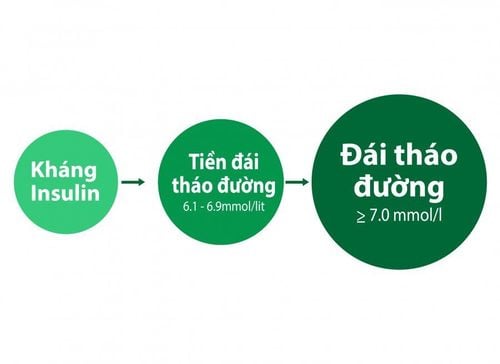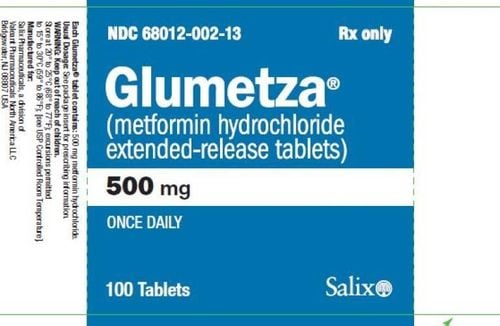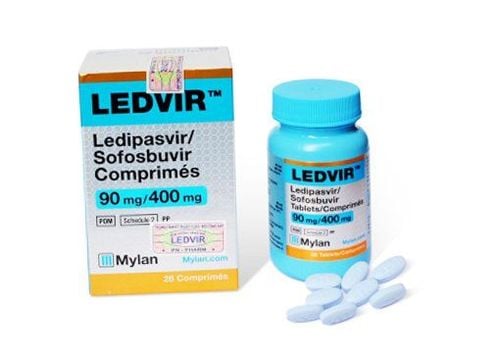This is an automatically translated article.
Article by Master, Doctor Bui Minh Duc - Department of General Internal Medicine - Vinmec Times City International Hospital
Type 2 diabetes is a disease with insulin resistance, although not immediately life-threatening, in the long-term it can cause many chronic complications and damage many organs. vital organs of the body (coronary vessels, kidneys, digestive organs ..).
1. Type 2 diabetes risk assessment form
Join the type 2 diabetes risk assessment form to know what your disease status is by circling the correct answer and adding points, specifically:
Age
0 đ. Under 45 years old
2 pt. 45–54 years old
3 pt. 55–64 years old
4 pt. Over 64 years old
BMI
0 đ. Under 25 kg/m2
1 đ. 25–30 kg/m2
3 VND. Over 30 kg/m2
Waist circumference measured below the ribs (usually at navel level)
MEN AND FEMALE
0 đ. Under 94 cm Under 80 cm
3 pt. 94–102 cm 80–88 cm
4 pt. Over 102 cm Over 88 cm

Vòng eo giúp đánh giá nguy cơ đái tháo đường type 2
How often do you get at least 30 minutes of physical activity at work and/or during leisure time (including normal daily activities)?
0 dong. Yes
2 dd. No
How often do you eat vegetables, fruits or berries?
0 dong. Daily
1 dd. Not everyday
Have you ever taken your high blood pressure medication regularly?
0 dong. No
2 dd. Yes
Have you ever been found to have high blood sugar (eg during a checkup, during an illness, during pregnancy)?
0 dong. No
5 pt. Have
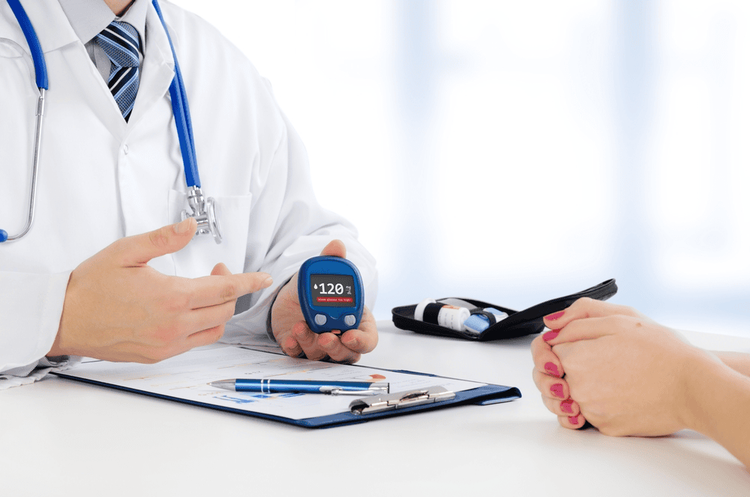
Phát hiện đường máu cao khi khám sức khỏe
Have any of your immediate family members or other relatives been diagnosed with diabetes (type 1 or type 2)?
0 dong. No
3 dd. Yes: Grandparents, aunts, uncles, cousins (But not biological parents, brothers, sisters, biological children)
5 đ. Yes: Parents, brothers, sisters, biological children
2. Total risk score
10 years risk of developing type 2 diabetes will:
Less than 7: Low: Estimated 1 in 100 people will progress to diabetes 7–11: Slightly increased: Estimated 1 in 25 people will develop 12–14: Moderate: Estimated 1 in 6 people will develop diabetes 15–20: High: Estimated 1/3 will develop diabetes Over 20: Very High: 1 in 2 will progress to diabetes
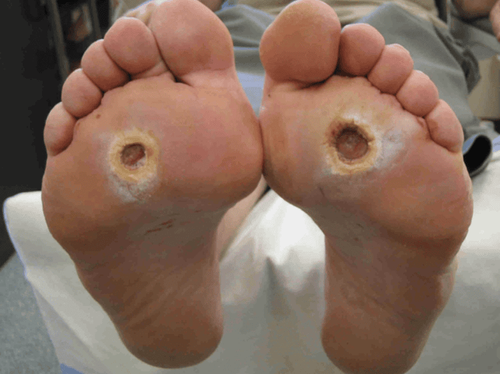
Bệnh tiểu đường không được điều trị sớm có thể gây ra các biến chứng nguy hiểm
3. What can be done to reduce the risk of developing type 2 diabetes?
You can do anything about your age or genetic predisposition. On the other hand, the remaining factors that lead to diabetes, like being overweight, belly fat, sedentary lifestyle, eating habits and smoking are up to you. Your lifestyle choices can completely prevent type 2 diabetes or at least delay its onset until much older age.
If someone in your family has diabetes, you should be careful not to gain weight for many years. Waist growth, in particular, increases the risk of diabetes, while regular moderate physical activity reduces the risk. You should also pay attention to your diet: Make sure to eat plenty of fiber-rich cereal products and vegetables every day. Skip excess hard fats from your diet in favor of soft vegetable fats.
The early stages of type 2 diabetes rarely cause any symptoms. If you score 12-14 on the risk test, you should seriously consider your physical activity and eating habits and pay attention to your weight, to prevent yourself from developing diabetes.

Một chế độ ăn uống khoa học giúp giảm nguy cơ tiến triển thành đái tháo đường
If you score 15 or more then you should measure your blood glucose (both the value and the fasting value after a dose of glucose or a meal) to determine if you have asymptomatic diabetes.
4. BODY-MASS INDEX/Body Mass Index
Body mass index is used to judge whether a person is of normal weight or not. The index was calculated by dividing body weight (kg) by the square of body height (m). For example, if your height is 165cm and weight is 70 kg, your body mass index would be 70 / (1.65 x 1.65) or 25.7.
If your body mass index is 25-30, you will benefit from weight loss; You should at least take care that your weight doesn't increase beyond this. If your body mass index is higher than 30, the adverse health effects of obesity will begin to appear, and weight loss will be essential.
5. BODY-MASS INDEX CHART/ BMI Table
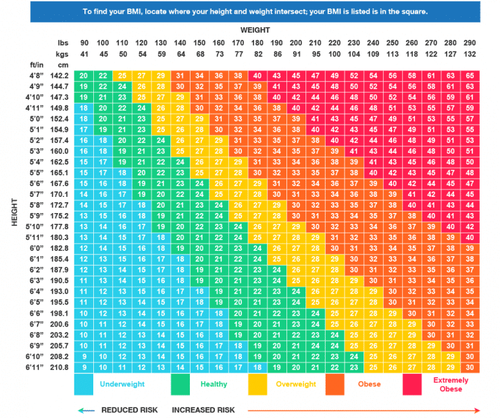
Bảng chỉ số BMI
At Vinmec International General Hospital, we always deploy a screening package for diabetes and dyslipidemia to help detect pre-diabetes early, accurately classify diabetes type, develop a nutritional regimen, monitoring to minimize the risk and complications caused by diabetes.
Customers can directly go to Vinmec Health system nationwide to visit or contact the hotline here for support.
Recommended video:
Guide to prevent diabetes complications during Tet
MORE
Can type 2 diabetes be cured? Dangerous complications of type 2 diabetes Early signs of type 2 diabetes





